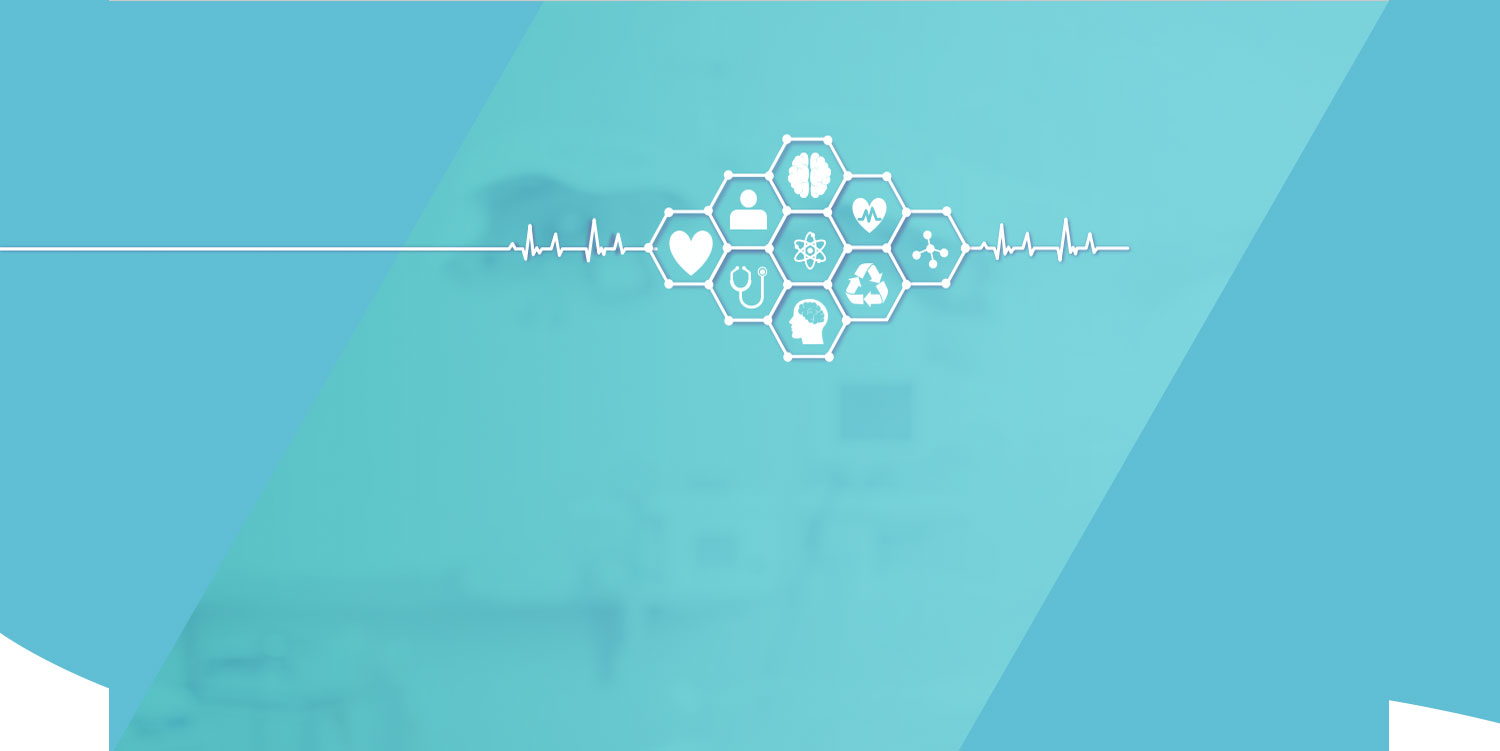

5.8% of the adult population in Singapore suffered from Major Depressive Disorder.
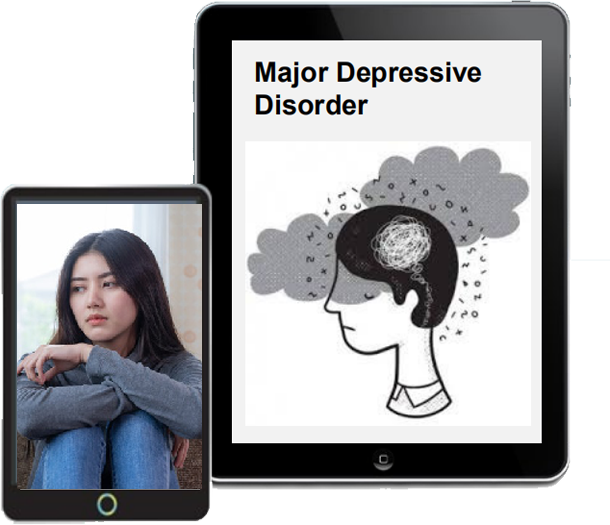
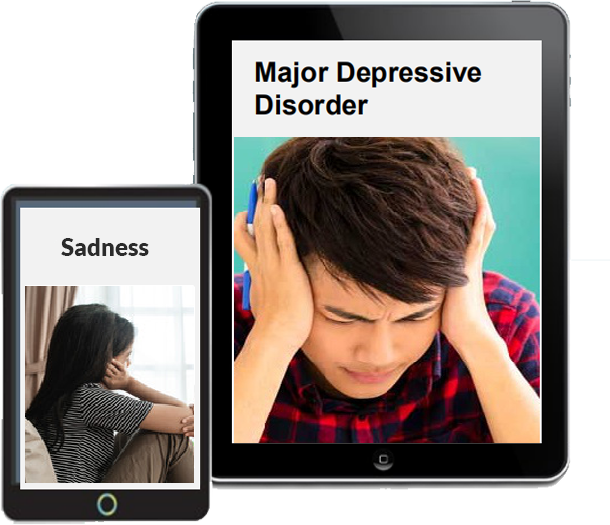

Trauma is the 5th leading cause of death in Singapore and remains the leading cause of death in young adults. Traumatic brain injury (TBI) accounts for up to 75% of trauma-related deaths.
In Singapore, 3.65 percent of the resident population has had a stroke in the past. There are 26 new stroke cases every day.
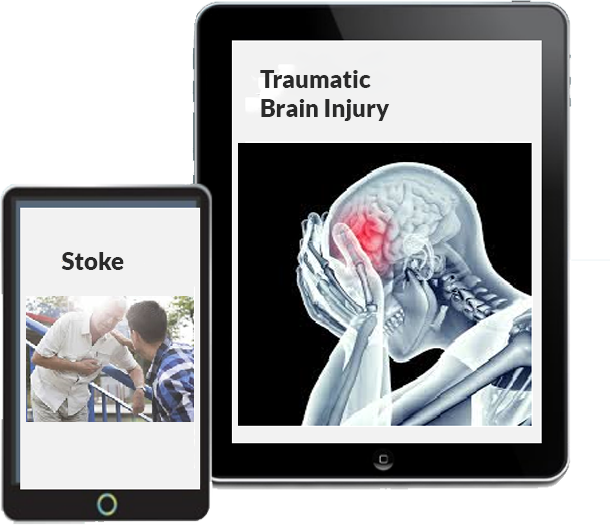
The key to neuroplasticity is targeting a skill over time. Strong neural connections are made with frequency and consistency of practice. No matter when your brain injury occurred – last week or 10 years ago – it’s never too late to form new neural connections to recover. Start practicing today!
Neural connections are formed with specific brain exercise and strengthened with practice. The more you practice, the better you get
New neural connections can form at an amazing speed, but in order to reconnect, neurons need to be stimulated through activity
1. A neuron is a nerve cell that processes and transmits information around our brains
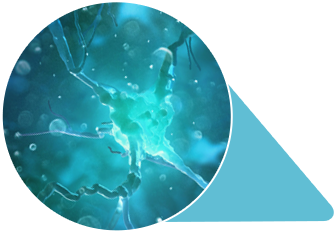
2. Neurons communicate with each other at a synapse, making a neural connection. Trillions of these neural connections facilitate our thinking, feeling & acting
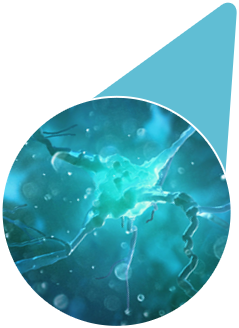
3. Rehab therapy works to stimulate new neural connections with the goal to promote self-repair and re-rxganization through specific brain exercises
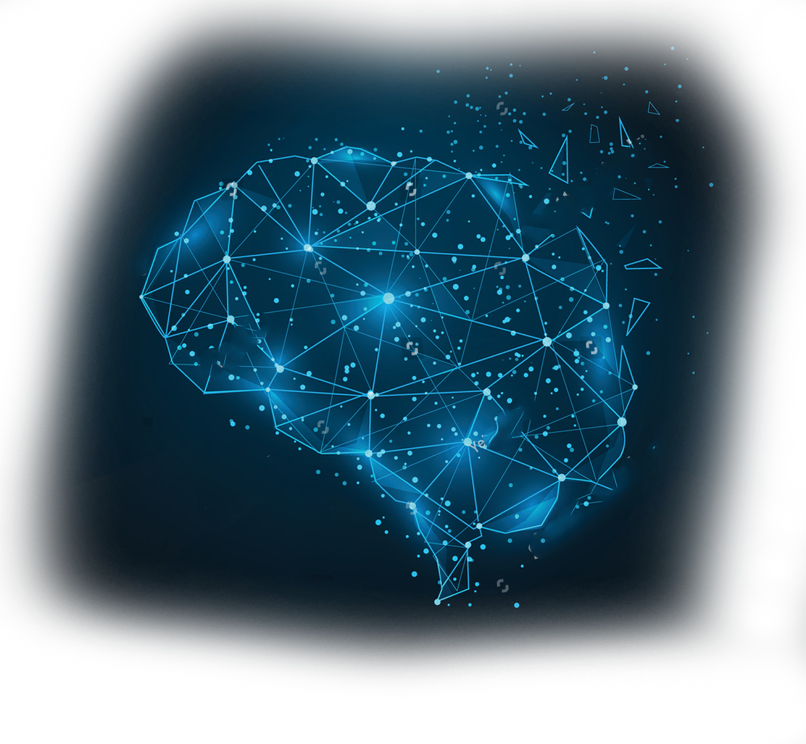
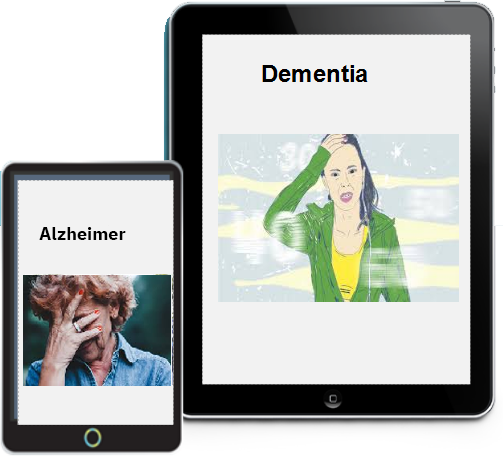
Currently, one in 10 people aged above 60 in Singapore has dementia, and half of those above 85 have it. This means that around 82,000 people are affected by one form of dementia or another in Singapore today, ADA said. The number is expected to go beyond 100,000 by 2030.

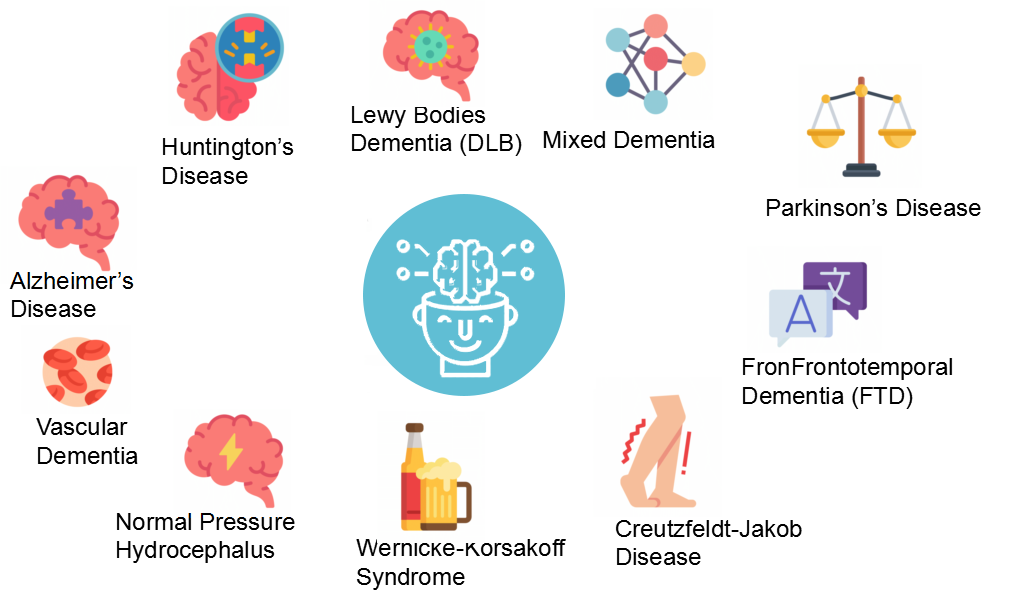
We offer free consultation where all your queries that is troubling you will be answered. In this 1 to 2 hrs session, we will be doing a health evaluation where Methods of achieving personalised optimum health will be discussed and proposed.